Background: Stress, Anxiety, Anger And So Many More Conflicting Emotions. Are We Actually Feeling Grief?
What Is Grief?
Most of us know someone who has been impacted by Covid 19. Many of us too have suffered the worst impact of all – losing someone we know or a family member. Managing this is hard enough for adults, but for children and parents the impacts can be wide-ranging and lead to pain, stress and, at worst, utter despair. In this Guide, part of our series advising parents on pressing contemporary issues relating to children and schools, we look at grief and the sense of loss faced by families as a result of the Covid-19 pandemic, the ways of recognising it in ourselves, loved one and our children, and seek an understanding of the ways to manage its many impacts.
Grief is not only bereavement, although this is its starkest form and the one we all think of first. Grief is, in fact, the natural response that humans have when someone or something that they love is taken from them. It is an intense feeling of sorrow and pain and is a complicated mental, spiritual and physical condition. Whilst typically associated with the death of a loved one, grief is a powerful emotion that can also be triggered by divorce, illness, and trauma, an unexpected or unwanted change or even losing a job. Regardless of the source of the loss, feelings of grief are real and normal: they are personal and significant and should not be dismissed. In many cases they can become utterly disabling and destabilising.
The loss of freedom, the sense of fear and stress, and the impact of not being able to see our friends and family during lockdown, due to Covid-19, can absolutely be considered as a genuine source of trauma. Today, even though the vaccine roll out is making enormous progress in the UAE (see our story on the huge inroads made by GEMS Education in vaccinating children), we can easily say that the whole world is experiencing feelings of grief and loss. Regardless of whether or not we have lost a loved one directly to the disease, what most of us have experienced in some form is loss. We have lost out on time spent with our loved ones; we have lost our freedom; we have lost out on celebrating major life milestones; and, we have lost a sense of normality. Children have lost normal contact with friends, peer groups have become disconnected and confidence in what is normal has fractured. Whether as children or adults, most of us, to varying degrees, are mourning these losses.
Understanding our actions and reactions to the pandemic, considering our own and each other’s feelings, recognising the collective emotional condition and encouraging our empathy and kindness to shine, may go some way to helping us all to learn and heal together.
How Can You Recognise Grief?
Just as we are all unique and special, we all react to emotional trauma in our own way. Regardless of our differences there are universally experienced indicators of grief.
In her very well known book ‘Death and Dying’, published in 1969, psychiatrist Dr Elizabeth Kubler-Ross identified 5 stages of death that she believed each person goes through. A ground breaking hypothesis in its day, modern interpretation of Kubler-Ross’ findings clarify that these stages do not occur in linear order and that these ‘stages’ would be better considered as symptoms. Whatever the disputes about the detail, Dr’s Kubler-Ross’s theory has retained sticking power in popular culture and has been incorporated into international higher educational curriculums for many years.
The Kubler-Ross 5 Symptoms Of Grief
- Denial/Shock/Disbelief. This is the refusal to accept facts or the reality of their loss and is thought to be a defence mechanism to stop the person from becoming overwhelmed with the extent of their feelings. The denial provides some time to adjust. Signs that a person is in this stage include, focusing on the events that surrounded the loss and reliving the events continuously. They may refuse to deal with the consequences of the death, such as planning the funeral or completing the appropriate paperwork. There should be no pressure to rush or to fight against the stage. Allow for the emotions to naturally progress and process so that the mind has the opportunity to protect itself against harsh loss at the pace that allows you to make those events real.
- Anger. Once the loss has been accepted it is a natural progression for the release of frustration, hurt, confusion and pain. All culminating in anger and the search for someone or something to blame. It is the mind attempting to deflect some of the pain. Emotions are not particularly logical so the search may seem in vain but, letting the anger show is a way of releasing it and working through the feelings of how the loss may seem unfair. The anger may manifest as wall punching or shouting at the ocean, the aim is to try and release the anger without causing any further harm. There is the possibility that the anger will be directed at the person that has been lost and this in turn creates feelings of guilt. It is a difficult and exhausting cyclical stage. The anger can also be directed at: the medical staff who were unable to stop the loss; a surviving family member for not being the person who died; any person who has been lucky enough to not have experienced the pain of loss; at a higher power that allowed it to happen; at the general situation and lack of control; or, even at yourself for what you did, or did not do, during the loved one’s lifetime.
- Bargaining/negotiating/Guilt. The loss of control and feeling of helplessness that comes with grief, causing a chain reaction when the person tried to regain control of what is happening in their lives. The thoughts of ‘what if’, ‘if only’ are how the mind comes to terms with the circumstances around the loss and their individual role in it.
- Emotion. The feeling of emptiness, withdrawal from society and feelings of overwhelming sadness.
- Equilibrium. Kubler-Ross thought of this as the last stage. This is the point when the strong emotions begin to settle and the person comes to terms with the situation and the fact of what they have loss. They stop fighting against it and acknowledge their new life without what they lost.
These symptoms can provide a framework for understanding and empathising with what we ourselves, our children, as well as other people are experiencing. There is no set time line for a person to work through their emotions.
How Grief Manifests
More recent studies offer a deeper insight into the human psyche to provide more in depth and comprehensive indicators of the intricate state of grief.
There are common feelings that mourners experience, they may cycle back to certain emotions, and they may have days of feelings of peace and then return to sadness. Grief can be a rollercoaster ride of swings and roundabouts and of ups and downs, as testified by Justine Healey, who suffered a personal loss in the middle of the Covid-19 global pandemic.
“My grandfather passed away back while we were in full lock down here. I have been an expat for 20 years so I am used to being far away from my family, but I am also used to being able to jump on a plane and be home within a few hours. It was a truly horrid and stressful time. I couldn’t get home to give comfort to my family or to get support from them. I felt guilty, angry, anxious, sad, alone, all at the same time. It was exhausting. That was last year and I still haven’t been able to go back. The time has passed but I feel like the normal opportunity to heal by going through the process of saying goodbye in the traditional way has been missed.”
We are all different and the following are all normal and expected reactions and feelings.
- Frailness and a sense of powerlessness
- Worthlessness and ineffectiveness
- Uncertainty and feelings of not being grounded
- Thankfulness and appreciative of life
- Strength
- Shock, surprised and disturbed
- Shame or feeling dishonoured and disgraced
- Sadness, feeling generally unhappy and full of sorrow
- Relief, to feel free from the stress pain or burden mixed with guilt
- Questioning spiritual beliefs
- Numbness, not being able to access any feelings at all
- Loneliness
- Isolation, feeling removed and away from others people (we can all relate to this post Covid-19)
- Impatience, needing instant solutions
- Helplessness, feeling like there is no solution
- Blaming yourself and feeling regretful over things that you did or did not do
- Fear, for the safety and wellbeing of other loved ones
- Emptiness, feeling like nothing is important like life is irrelevant
- Disbelief, having trouble accepting the truth or facts
- Despair, losing hope
- Betrayal, feeling that you have been purposefully hurt
- Apathy, nothing matters any more
- Anxiety, feeling nervous and worried excessively
- Anger
- Agitation, general inability to relax and feeling stressed and on edge
Physical Reactions To Grief
When the grief is severe, the emotional turmoil can present itself as a physiological reaction as well. Knowing what the physical reactions can look like means that you can look out for them in yourself and in children to try to take holistic care of your and their physical health as well as mental well being.
Heart problems: Intense stress of any kind can have an impact on the functions of the heart but studies have indicated that there are specific heart risks that have been linked to grief. According to the British Heart Foundation, Takotsubo cardiomyopathy, otherwise called Broken Heart Syndrome, can often occur during times of grief. It is the inflammation of the left ventricle of the heart, which weakens the muscle, causing less effective pumping of blood. More common in women than in men, the syndrome mimics a heart attack and is a temporary condition that’s not fully understood.
The Cleveland Clinic is a not-for-profit American Academic Medical Centre based on Cleveland Ohio and is considered to be a leader in medical research. Their recent study into Covid-19 and Broken Heart Syndrome discovered a significant increase in cases since the onset of the global pandemic.
“The COVID-19 pandemic has brought about multiple levels of stress in people’s lives across the country and world. People are not only worried about themselves or their families becoming ill, they are dealing with economic and emotional issues, societal problems and potential loneliness and isolation. The stress can have physical effects on our bodies and our hearts, as evidenced by the increasing diagnoses of stress cardiomyopathy we are experiencing”.
Ankur Kalra MD, Cleveland Clinic Cardiologist
It is vital that anyone feeling these symptoms gets a thorough check by a medical professional to make certain that there is no underlying issue with their heart.
Lowered Immunity: During periods of increased stress, anxiety and worry, children and parents are more susceptible to common ailments like colds and the flu. In the pandemic, these now take on a greater sense of urgency with the added worry that these often correlate with identical symptoms are Covid-19 and pursuant need to go for testing and to self-isolate.
A 2014 study conducted by researchers at Birmingham University showed that a hormone imbalance induced by the stress of grief causes the immune system to be compromised. Especially likely to occur in older people, taking steps to boost immunity during grief can help to keep minor maladies at bay.
Bodily Aches and Pains: During the mourning period and in times of grief, both children and adults commonly report feeling of aches and pains in their body. Aches in the joints, back pain, headaches and stiffness have been accredited to the increase in stress hormones that are released in the body. The discomfort should be short lived, but if it persists then seeing a doctor would be advisable.
Disrupted Eating Habits: We all have different coping mechanisms that we turn to in times of stress and worry. Some of those mechanisms can be harmful. Not eating enough, comfort eating or, for those of us who are non-Muslim parents, turning to alcohol, can all spiral into physical maladies and have a knock on effect on our mental health. When we are feeling physically under the weather, many of us do make an effort to eat our 5 a day – but with mental health, for both parents and children, there is a tendency to turn to sugary treats and carb heavy comfort food. Eating healthily is just as important for our minds as it is for our bodies, and understanding that the natural response to grief may well be to eat badly, can help us try and avoid this. The impacts of eating badly are many and include:
- Fluctuations in blood sugar impact energy levels
- Brain chemicals such as serotonin and melatonin are effected by food intake
- Artificial colourings and flavourings cause abnormal chemical reactions
- Low levels of vitamins and minerals impact mental health. For example, there is a direct link between low levels of Omega-3 oils (found in salmon and walnuts) and depression.
Unsettled Sleep Patterns: Sleeplessness is a frustrating symptom to deal with at the best of times. On top of the emotional turmoil, you or your children may now have to cope with being exhausted too. There are little habits that you can adopt to increase natural melatonin and boost chances of a decent night’s rest. Depending on whether it is your or your children the following can help – exercise, avoiding caffeine and alcohol, getting a massage, creating a sleep sanctuary, turning off electronic devices and sticking to the same routine every night.
For more information about insomnia, and its impact on children particularly, click here.
Grieving For The Future
David Kessler is considered as one of the foremost experts on grief and traumatic events and is the founder of the hugely popular www.grief.com website.
In a Harvard Business Review article, Kessler discussed the impact that Covid-19 has had on people’s vision of their future. He believes that there is uncertainty about what the future holds – that, as a whole society, we are questioning what will happen when the pandemic is over, whether life will ever be the same again and whether the vision that we had for our own future can exist. He termed this as Anticipatory Grief.
“With a virus, this kind of grief is so confusing for people. Our primitive mind knows something bad is happening, but you can’t see it. This breaks our sense of safety. We’re feeling that loss of safety. I don’t think we’ve collectively lost our sense of general safety like this. Individually or as smaller groups, people have felt this. But all together, this is new. We are grieving on a micro and a macro level.”
Kessler says that one method that can mitigate the stress and anxiety that comes with anticipatory grief is to actively and mindfully take action to counter it.
“To calm yourself, you want to come into the present. This will be familiar advice to anyone who has meditated or practiced mindfulness but people are always surprised at how prosaic this can be. You can name five things in the room. There’s a computer, a chair, a picture of the dog, an old rug, and a coffee mug. It’s that simple. Breathe. Realize that in the present moment, nothing you’ve anticipated has happened. In this moment, you’re okay.”
Looking for alternative ways to connect with our loved ones helps us to realise that we are not alone. Yes, things have changed and some of those changes may last a long time or may even be permanent. We cannot dismiss the feeling that we have but what we can do, whether as parents or children, is recognise that those feelings are not themselves permanent.
Helping Our Children Cope With Grief
Death and loss are difficult concepts for children to understand and can be very confusing (just as they are for us as adults and parents too). As parents it is our instinct to try to protect our children by shielding them from pain and loss. We can’t do this and live in the real world, but we can help them to feel safe and secure and to learn healthy coping mechanisms to manage their well being, for now and in the future.
Just like adults, children feel and express their grief in unique ways. Crying one minute and playing the next; temper tantrums; insomnia and hyperactivity – these are all normal and important parts of the process. Knowing how to break bad news, and knowing what to say and how to support a child during the grieving process, is not easy, especially considering that the bearers of the news are likely to be grieving themselves. The ChildMind Institute, Kidshealth, Lighthouse Arabia, the UK NHS – and many other charitable organisations and health authorities, offer the following collated guidance.
- Express yourself
It is important that you don’t try to hide your grief from your family and children. Expressing your emotions is healthy and is certainly not a sign of weakness (the opposite is true in fact). Whether you are discussing the impacts of the quarantine on your mental health or the loss of a family member, expressing yourself and letting your emotions show is a genuinely brave way to role model how they too can express and be comfortable with their feelings. There are ways of conveying feelings without words. Let your child choose their outlet, such a drawing, scrapbooking, looking at old photos, reading books or running their stress out through exercise. Let them lead you in discovering what works best for them.
- Stay with them
When informed of bad news some children will burst into tears, some will ask a million questions, some will stay silent and seemingly not react at all or have any other reaction in between. All of this is normal and OK. Stay with them and give them some time to process and understand what you have told them. Answer questions as best you can with patience and/or simply hold them. By around 7 years old the majority of children realise that death is forever. Today the broad consensus is to try not to use euphemisms when talking about death so as not to confuse children. Using terms like, “went to sleep” or “left us” are open to interpretation and can lead to further grief and stress by implying a lack of permanence.
- Keep them informed
Let them know what is going to happen next. For example, what the new normal in schools protocols will be, or what the social expectations of mask wearing will be. If there has been a loss, explain the ins and outs of your personal traditions and cultural customs to help them to understand what is happening and feel a part of the process. Discuss what happens during the funeral. What kind of things people will say and what behaviours they might see. Share your family’s beliefs about what happens when a person passes away. This is an important element in helping them to feel involved, safe and secure in a confusing time.
- Try to maintain your routine
Life as normal may be changed but children find huge comfort in familiar routines. Maintaining eating, hygiene and sleep patterns as unchanged as possible will help them to understand that their own life goes on.
How Can Your School Help?
Children mature at their own rate and so does their understanding of death and loss. This means that emotions may come at unexpected times. Major life events such as moving classrooms, changing schools or moving to a new country all cause upheaval that may trigger emotional turmoil. We are yet to discover what the consequences of Covid-19 will be, so it is top-of-mind for parents and schools to monitor our precious children closely for many years to come. In many ways, the real impacts of Covid-19 are likely to only really be understood many years hence.
Communication is the Key
All outstanding schools will have an open door policy for parents and care givers to approach the faculty about any emotional unrest that a student is experiencing. If you feel that your child is struggling in any way with their mental health or emotional wellbeing, never hesitate to approach the school and talk through your worries. It is important that the feelings of grief and loss that come with missing out on major life events are not underestimated for their potential impact on students. Significant milestones that are momentous and meaningful rights of passage, from graduation ceremonies and prom are events are part of learning and growing up – or in some cases supposed to be remembered for a lifetime. It is important to mark these events with as much pomp and ceremony as is possible so that the students do not feel like they have missed out entirely. The English College Dubai, for example, recognised this by visiting all graduating students individually to congratulate them because Covid 19 made it impossible for the school to hold its traditional celebration of students’ graduation.
Most schools offer counselling services, have controlled peer support groups in place and have processes for communicating individual student’s needs across the faculty.
School’s Bereavement Policy
Having a charter in place means that a school can be proactive in its response to emotional upheaval that stems from bereavement, emotional trauma or tragedy. What that looks like will be unique to each institute but it should have well thought out templates in place for varying circumstances.
Aside from policy, charter and process, what a child needs most are people around them who care. Awareness, empathy and simply carrying on with the usual day-to-day activities are the best things that a school can do to support a child living with emotional strain.
Managing Our Wellbeing With Therapy And Counselling
Although these terms are often used interchangeably, counselling usually refers to sessions with people who are already seeking help with everyday stressors. Therapy is used to describe help for people who are going through more pressing and chronic worries such as new anxiety or depression.
Counselling can help a person to process and think through the steps of their loss, and to focus on any specific issues that accompany that. This may be guilt, anger, numbness, increased anxiety or insomnia…
We all experience grief at some point in our lives when we lose someone or something that was important to us. If the intense emotions and maladies that come with it are impacting your ability to manage your life, there are ways to seek out help. A therapist can help you to determine healthy coping mechanisms and calming strategies that work for you. There are lots of different types of therapy and counselling services available. It is important to research the best type of therapy to suit you or your child’s needs.
You can find here a full list of therapy and counselling services in the UAE.
You can find here more information about mental wellbeing and Covid-19.
Bottom Line? The SchoolsCompared.com Guide to Grief and Loss
The bottom line is simply that the impact of the horrific global spread of Covid-19 has been far reaching. The death toll worldwide is in the millions and still climbing. The affects of self-isolation, extended quarantine, the closure of schools and stay at home orders have been felt by all of us. The long-term consequences are yet to unveil themselves.
But is fair to say that we are all mourning in some form, for a multiplicity of different reasons as unique as each of us, as parents, and our children, are.
It is ok to be not ok.
Grief is not something that you ‘get over’ or simply recover from and then slip back to ‘normal’ life. The fine line between the period of grief and a mental health issue is a very blurred one.
There is no shame in seeking help or in having therapy; in fact it is a brave and life affirming choice. Knowing what to look for in your self, and others; recognising and accepting your emotions as normal; and, allowing the expression of them in a cathartic healing process, is necessary to reach the acceptance stage and move towards some form of bearable normal life. This is true for parents as it is for our children. Identifying when you, or your loved ones, need extra support coping with those feelings is important.
Perhaps when life is back to some form of normal – and we can travel freely to see our friends and family, we will also return to an emotional state that less resembles grief. Perhaps we will come out the other side with a newfound appreciation of the people in our lives that we love. Perhaps we will work harder at showing that appreciation and will cherish our time with loved ones. And, just perhaps, we will all have greater empathy and compassion in the future, working together with our fellow human beings because of our shared experience through Covid 19.
There is always hope.
Suggested Reading For Children
The Goodbye Book, Todd Parr
Wherever You Are My Love Will Find You, Nancy Tilman
I’ll Always Love You, Hans Wilhem (about losing a pet)
The Invisible String, Patrice Karst
Nana Upstairs and Nana Downstairs, Tomie dePaola
Suggested Reading For Parents
How To Go On Living When Someone You Love Dies, Therese A Rando, Ph.D.
The Fall Of Freddie The Leaf, Leo Buscaglia
I Wasn’t Ready To Say Goodbye, Pamela D, Blair, Ph.D.
Bearing The Unbearable, Joanne Cacciatore, Ph.D.
Greif Counselling and Therapy Services UAE
The Raymee Grief Centre, based at the Light House Community Psychology Clinic, opened in Dubai in 2012 as the country’s first facility that is dedicated to helping adults and children cope with the loss of a loved one, free of charge. Tel: +971 4 380 2088
© SchoolsCompared.com. 2021. All rights reserved.











































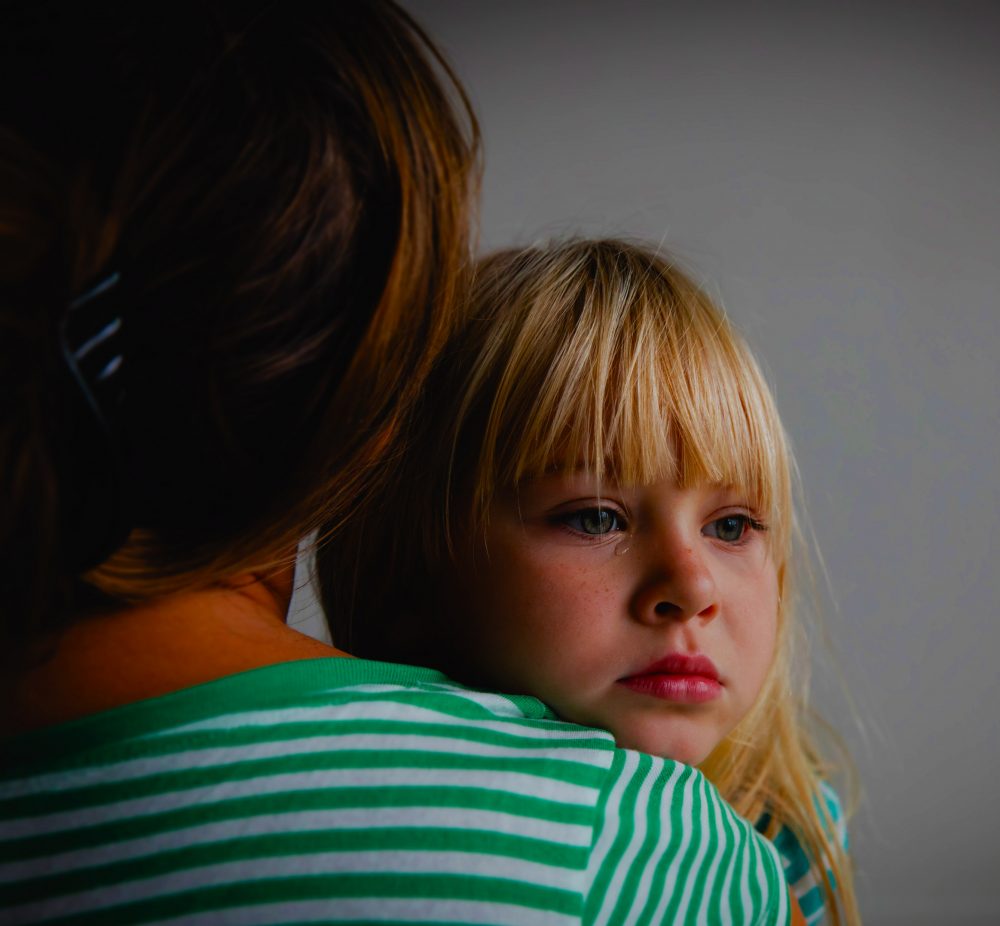
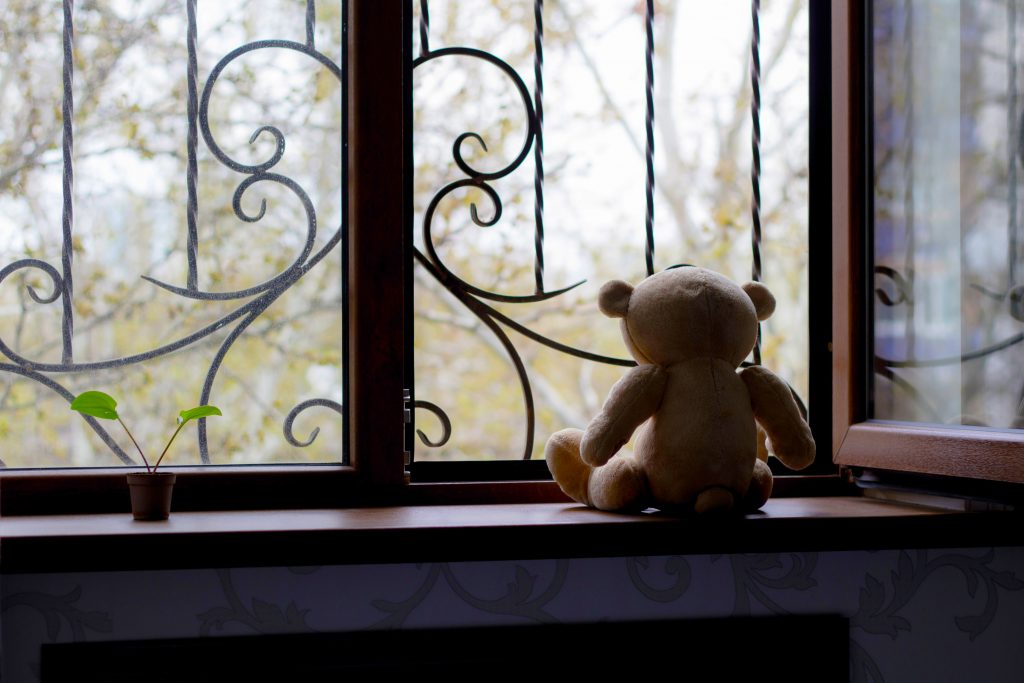

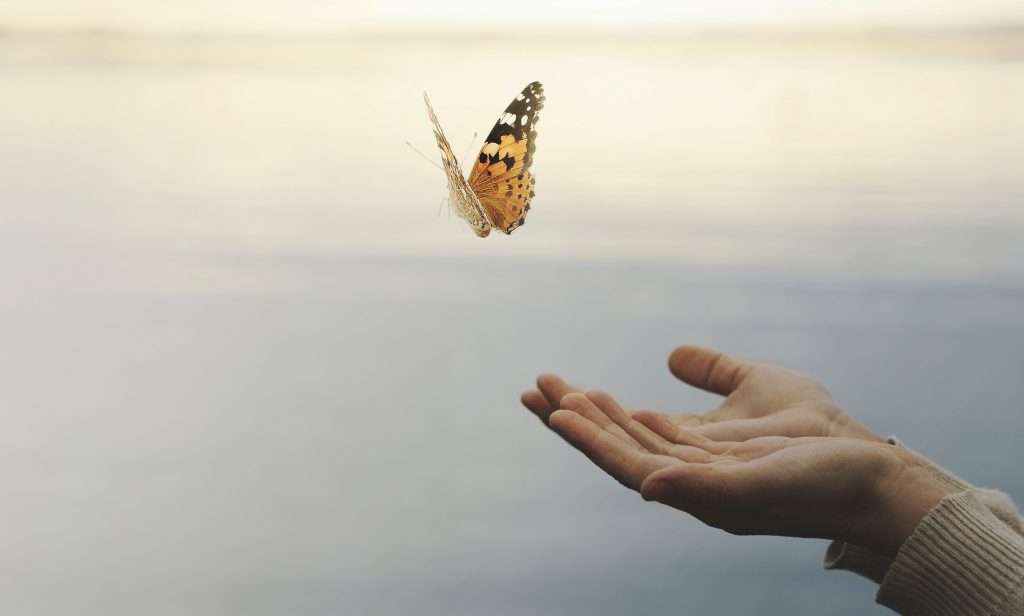
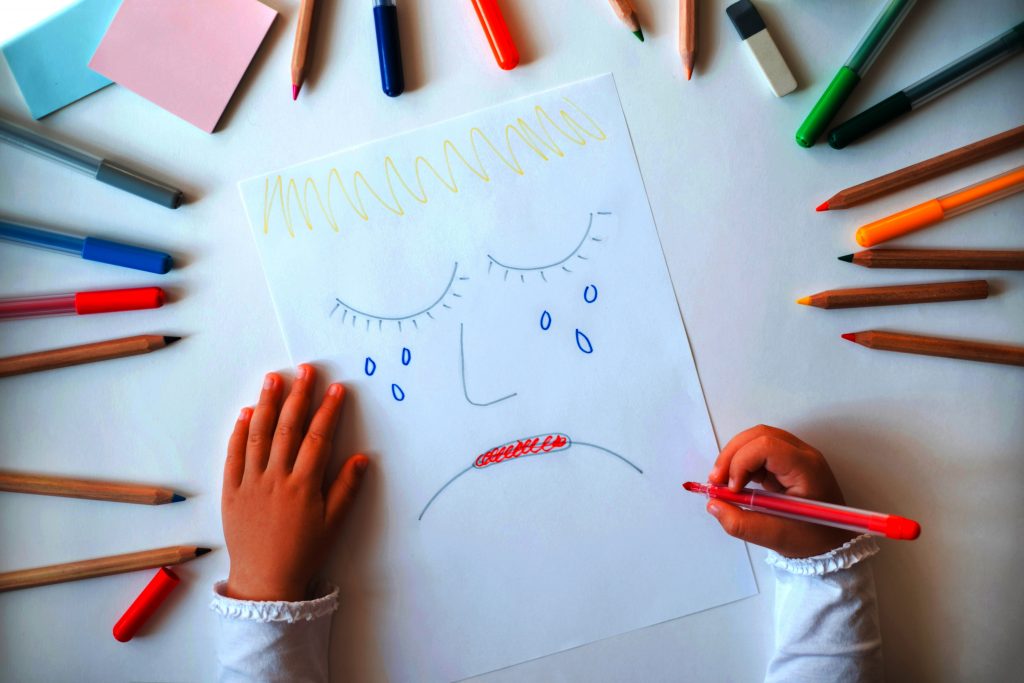

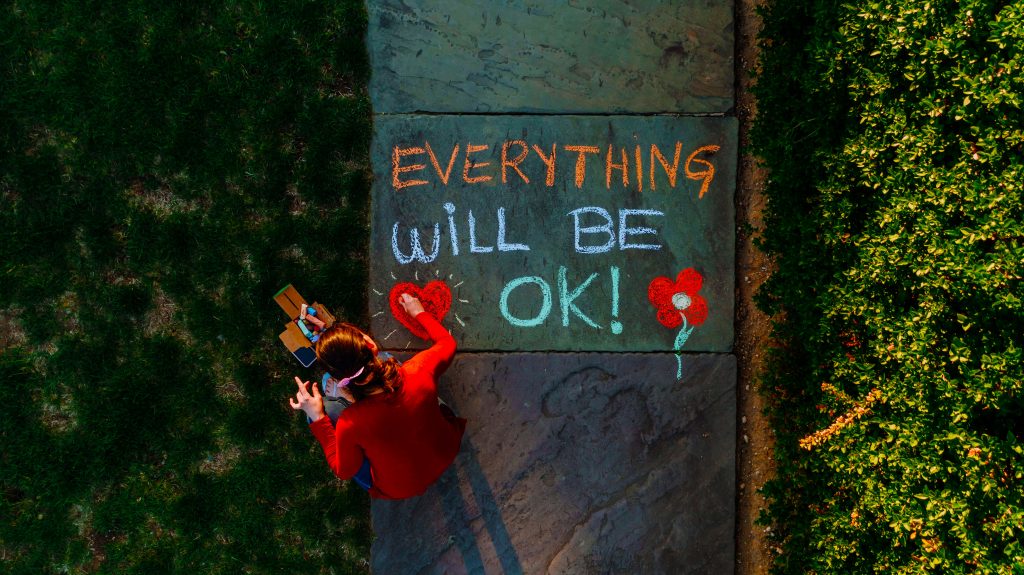



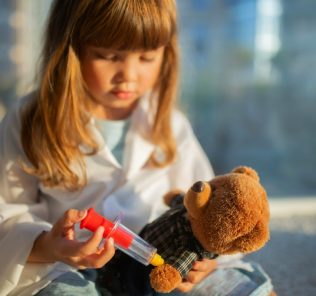






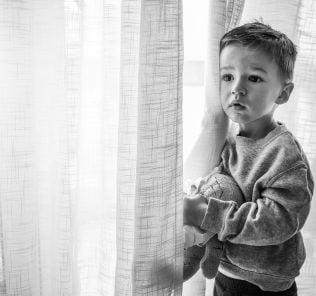















Leave a Response